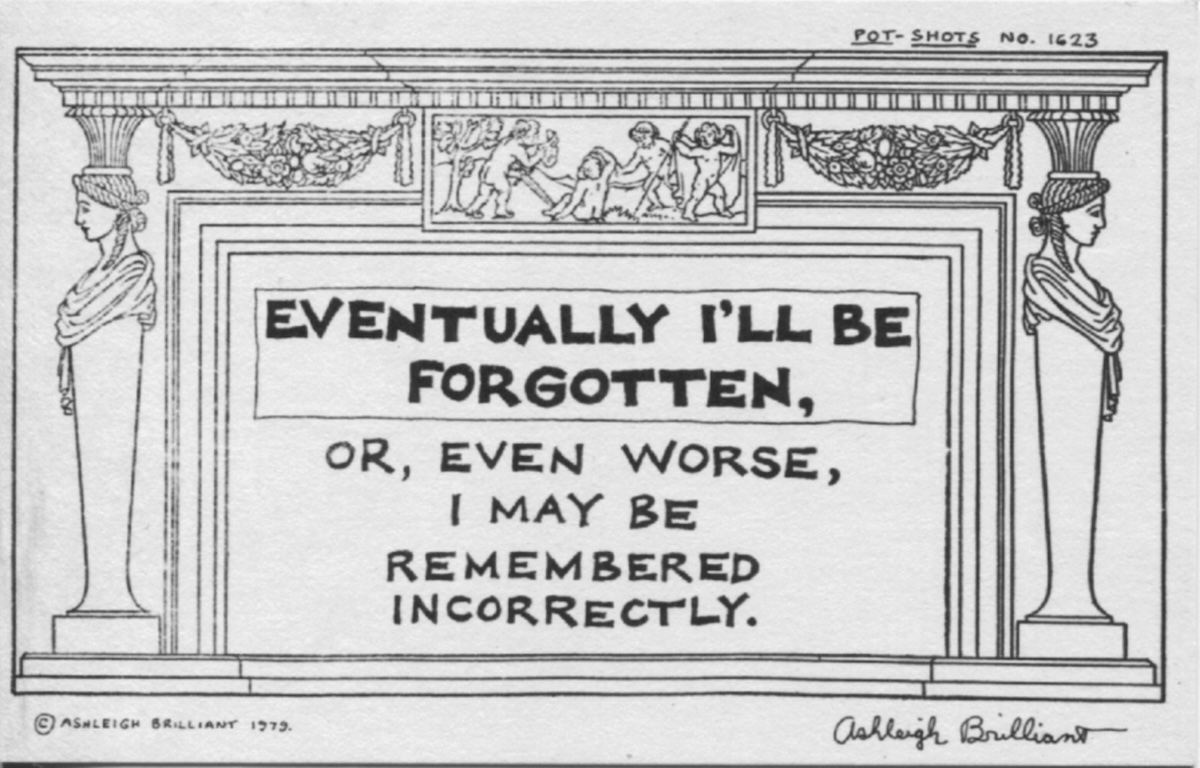Pardon My Misteak

Among the many books my wife had brought back from her travels, which I’d never looked at until recently, was one I thought I might enjoy. It is a supposedly amusing collection of signs and other short messages written in English by Japanese people not totally familiar with our language.
But I did not find it amusing. I am only too aware of how hard it can be to master another language. Anybody who makes the attempt, in my view, deserves credit and praise, not laughter. I well remember a time when I was staying in a Youth Hostel in Eastern France, and among my fellow lodgers was a group of young people from Germany (which was then still divided into East and West Germany). The Second World war had been over for only about half a decade. In that conflict, the whole of France had been occupied for several years, and there were still good reasons for ill feelings against German tourists.
This particular memory concerns a list of regulations which had been posted in the hostel. It had apparently been first written in French, and then, on the same sheet of paper, it was translated into German. But whoever did the translation was a French-speaker whose knowledge of German was somewhat limited.
So, these young people found much to laugh at in the posted notice, and, observing this, I saw a good, but somehow unpleasant, example of unintended linguistic merriment.
But History is full of mistakes made by people, and even by nations. One example that comes to mind was Prohibition in America. One of the most difficult kinds of laws to pass in this country is a Constitutional Amendment. Yet the notorious Eighteenth Amendment outlawing the manufacture, transportation, or sale of alcohol was not only passed with large majorities, but was repealed even more overwhelmingly only thirteen years later.
Another category of mistakes are those made by printers, which still occur so often that they are familiarly referred to as “Typos,” for “Typographical Errors.” One of the worst of these occurred as long ago as 1631. First, some background:
When the first Queen Elizabeth of England died in 1603, she left no immediate successor. As the “Virgin Queen” (which is how Virginia got its name) she had no children. The nearest in line was a cousin named James, who was already a King – of Scotland – and known there as James VI. In England he became James I. He was a scholarly type and had written several books (including one against tobacco). But one of his most notable acts was to commission a new English edition of the Bible, which we still know today as the “King James version.” This publication was very popular, and the steady sales required numerous re-printings. However, it was one of these, in 1631, whose single error caused an uproar. The mistake was the omission of just one word.
In the Old Testament “Ten Commandments,” one of them is the strict injunction, “Thou shalt not commit adultery.” But, by some incredible oversight and failure in proofreading, in each of the 1631 edition’s 1,000 copies, that passage reads “Thou shalt commit adultery.”
This was a little past the age when, for such a sacrilege – whether or not intentional – heads would literally have rolled. This time the printers were simply fined and their printing license revoked. But all copies of the offending edition were to be destroyed. This was easier to do with unsold copies. Of those that were bought and kept, a few have survived to our own time. One showed up recently in New Zealand. Needless to say, it is now extremely valuable.
There are many stories about misprints, some of which may be true. There was this “correction” which is said to have appeared in a daily newspaper:
“We apologize for saying yesterday that Mr. Murphy was ‘a Defective on the Police Force.’ Of course, what it should have said was that Mr. Murphy is ‘a Detective on the Police Farce.’”
And another such tale, which I only hope is true, concerned two reports which both appeared on the front page of a local weekly. One was about a fire which had destroyed a large unused barn on the edge of town. The other reported the death of a local society matron. Unfortunately, the intended headings of the two stories somehow got reversed – and the eminent lady’s picture appeared under the heading:
“OLD EYESORE GONE AT LAST.”







